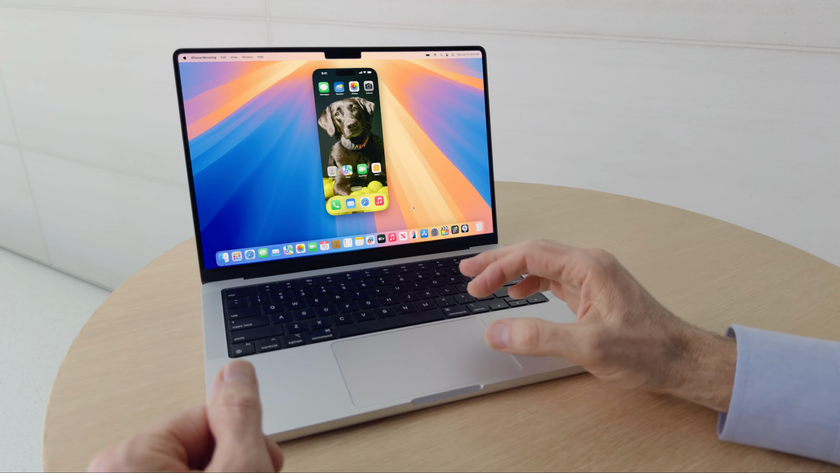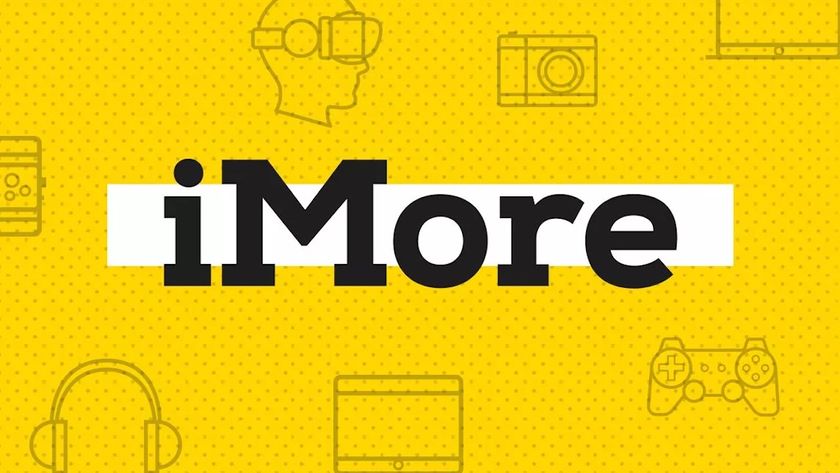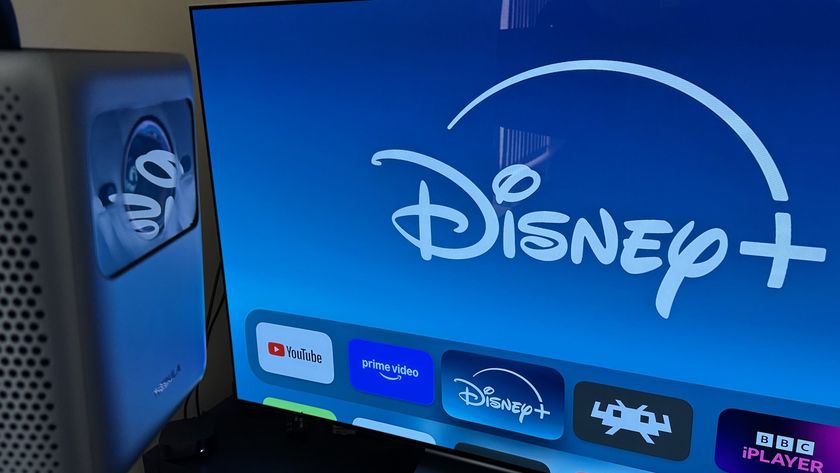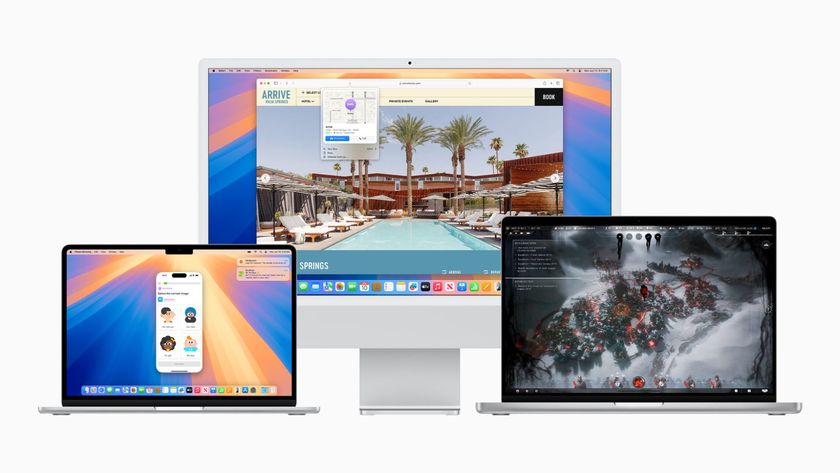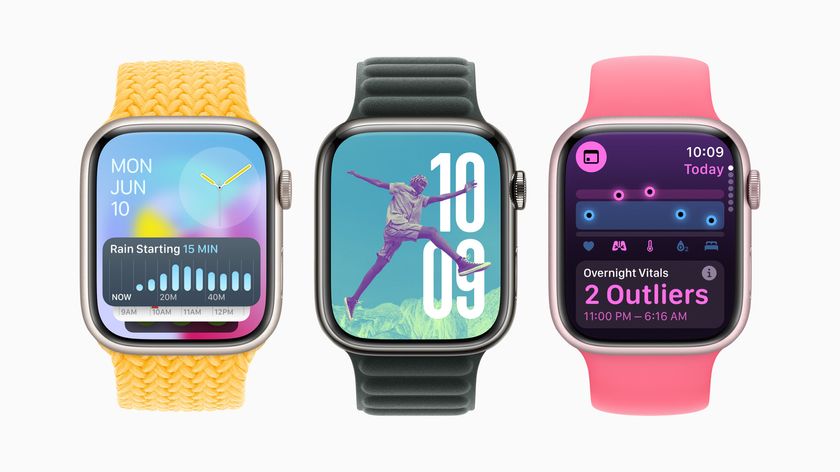Oculus Rift: Another example of the Mac's gaming deficit
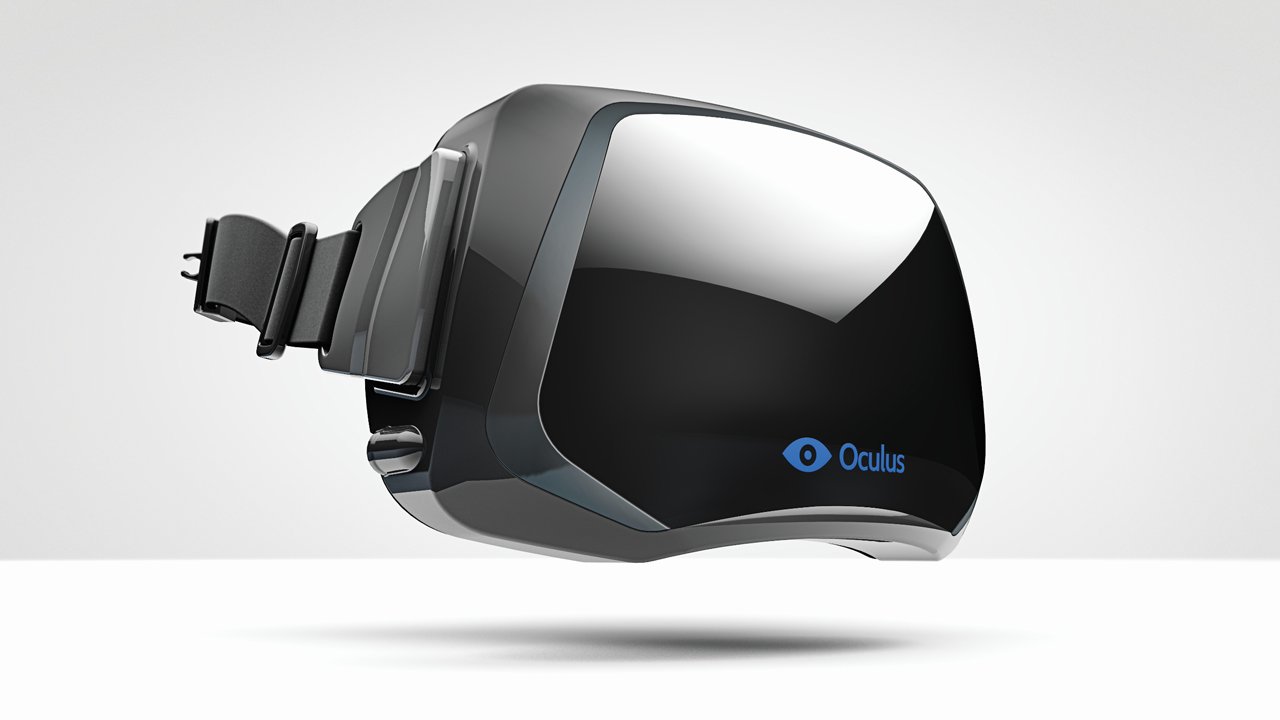
Last week Oculus VR chief architect Atman Binstock said that the company put the brakes on Mac and Linux development in favor of focusing on Windows. Oculus is the maker of the Rift, a forthcoming VR headset expected to ship in the first calendar quarter of 2016.
Oculus is focusing on Windows initially for the same reason that legendary thief Willie Sutton supposedly targeted banks: Because that's where the money is. But this underscores an important point. OS X has always been at a disadvantage compared to Windows when it comes to gaming, and efforts like this underscore just how much of a disadvantage Macs continue to have against Windows PCs.
Let me say at the outset that there are plenty of games available for the Mac: Too many for me to keep track of anymore, and I used to write about nothing but Mac games.
We've gotten plenty of lip service from Apple over the years about how they "get games."
The number of Mac games is steadily increasing year in and year out, thanks to a few factors. Steadily rising market share against the PC is driving more and more people to Macs, and they want to use their computers to play games. What's more, "middleware" developers — companies that make the core components used in game development, like Unity and Unreal Engine — have targeted the Mac among their supported platforms. This improves the chance that developers will create Mac titles. Valve's introduction of a Mac version of Steam a few years ago certainly helps, as do perennial Mac boosters like Blizzard, which produces Mac versions right alongside their PC versions.
All of this has happened externally to Apple, however. It often happens with Apple's direct support and assistance, mind you, but ultimately, they're not Apple-led efforts, or efforts that Apple has any direct control over. They're happening because Apple is selling more Macs than before, but they're not happening because of any major effort Apple is making to appeal to game buyers or game developers.
We've gotten plenty of lip service from Apple over the years about how they "get games," but that hasn't translated into any sustained effort to make the Mac a competitive gaming platform. It's a bit ironic, given how much effort Apple has put into making iOS the best gaming platform it can be, including last year's introduction of Metal.
No such efforts have marked Apple's development of OS X. Apple does what it has to when it comes to updating its graphics drivers with support for necessary OpenGL functions. It doesn't seem interested in chasing any parity with Windows when it comes to features, functionality, or performance, however. Macs march to the beat of their drummer when it comes to hardware specifications, too.
Master your iPhone in minutes
iMore offers spot-on advice and guidance from our team of experts, with decades of Apple device experience to lean on. Learn more with iMore!
Oculus' Binstock was careful to note that they weren't stopping Mac and Linux development forever but were putting it on the back burner until things were right with Windows. Obviously it makes sense: Most of the early users of the Oculus Rift will be Windows gamers, and just about all of the developers are heavily entrenched in Windows. Still, it's disappointing news for Mac users hoping to get an early crack at the Oculus Rift, which we've heard about since 2012.
Back in 2012 Oculus started a Kickstarter campaign to get funding for prototypes of their VR headset, which generated enormous interest among the developers who were lucky enough to get their hands on the early tools. Among those developers was John Carmack, co-founder of legendary game developer Id Software, an expert in 3D gaming. Carmack was impressed enough to join the company in 2013, which gave it further credibility. Then Facebook swooped in and gobbled up Oculus in a $400 million deal in 2014.
Since then, the entire gaming market has been holding its breath waiting to see what will happen with the Oculus Rift. Now we know. It's coming in early 2016, but it's coming first to Windows. Developers creating games for the system are going to have to target a fairly beefy Windows PC. Specs call for a Haswell-based Intel Core i5 processor running at 3.3 GHz or faster, with AMD 290 or Nvidia GeForce GTX920 or better 3D graphics, and 8 GB of RAM.
What sort of Mac you'll eventually need for the Oculus Rift is still an open question.
That's not an extreme spec for a gaming PC running Windows, but let's put that into Mac context. The only machine that comes even close is Apple's 5K iMac, which uses a 3.5 GHz Core i5 processor and AMD's R9 M290X graphics. But even that's not the same as the desktop variants of the same chip.
What sort of Mac you'll eventually need for the Oculus Rift — if and when they ever get around to finishing Mac drivers — is still an open question.
Binstock explained that the beefy system specs were in part because of Oculus Rift's high rendering requirements: The device has to run at 2160×1200 resolution at 90 Hz, split over two displays. That means that any computer powering an Oculus Rift will have to push a lot of pixels every second. Rendering errors and slowdowns are markedly more obvious when you're wearing a VR helmet, Binstock said, so they're targeting a fairly beefy machine to make sure it's up to the task.
I'm not brokenhearted over not being able to use the Oculus Rift on my Mac as soon as it comes out. Even if the hardware and drivers were ready on day one, few software developers would have titles ready to go on the Mac. Installing Boot Camp or another Windows usage tool on the Mac would be necessary before I'd be able to enjoy the range of games that will be available for the device.
Despite the Mac's growing market share, despite some positive movement among middleware developers, Mac support is still too often the exception, not the rule.
The focus of a lot of game development has even shifted away from the PC in favor of console systems like the PS4 and Xbox One. But Windows game development still represents a huge market — big enough that most game developers will focus on it before they'll give the Mac any consideration whatsoever.
I doubt Apple will ever make games a priority for future OS X development. As a result, I don't see it becoming the priority for the game development industry any time soon, either. In the interim, I guess we Mac users will have to take what we can get.


